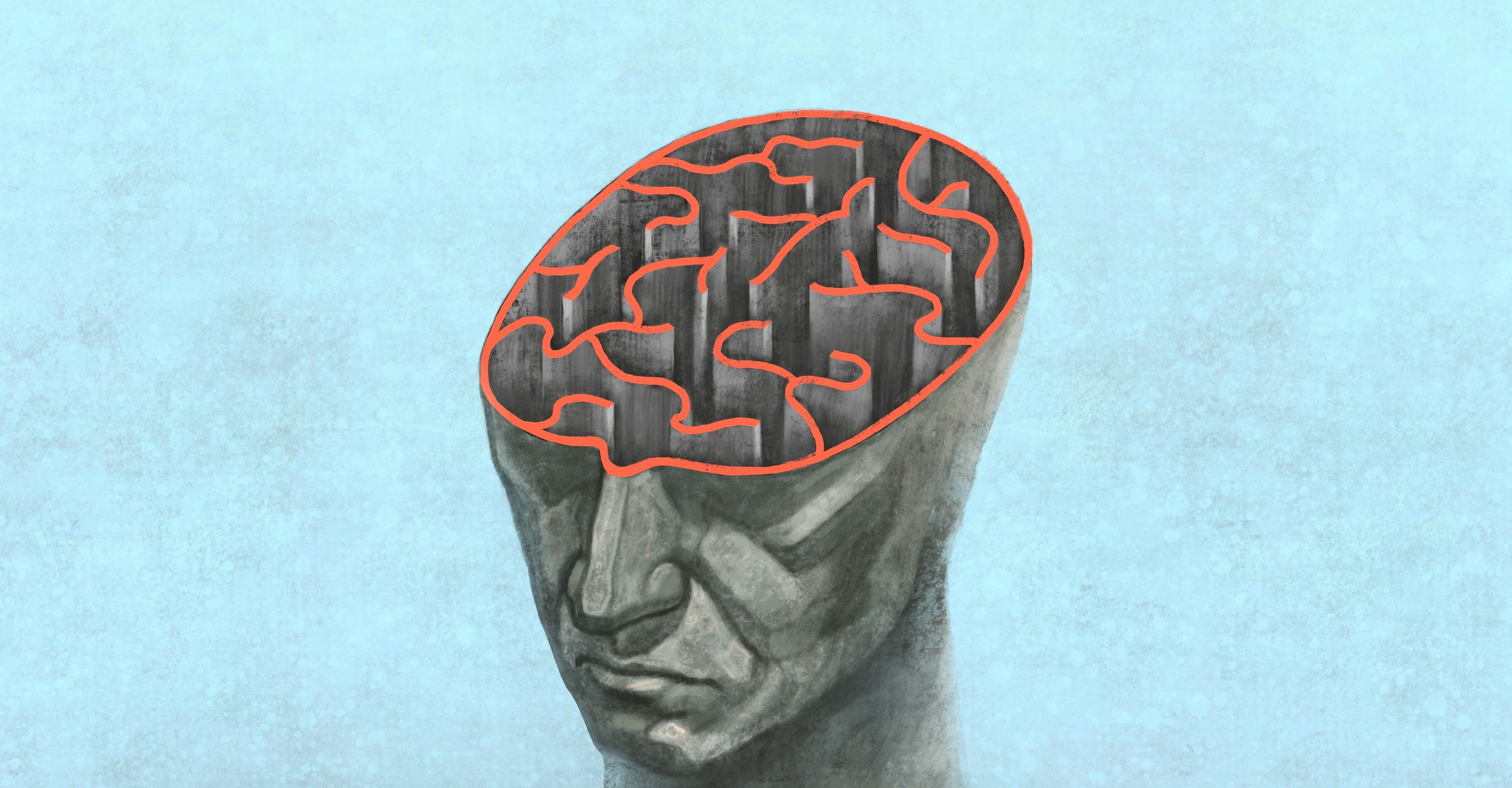The Role of Neuropsychological Assessments in Managing Brain Injuries

Brain injuries can significantly affect a person’s cognitive functions and daily life. Neuropsychological assessments provide a pathway for understanding these changes and guiding effective management strategies. Here are some of the key aspects of neuropsychological evaluations in the context of brain injuries:
Cognitive Diagnosis
Cognitive functions like attention, memory, and executive skills may suffer after a brain injury. Neuropsychological evaluations begin by identifying which areas of cognition have been impacted. Memory challenges, such as difficulties retaining new information, could emerge. Executive functions, which encompass skills such as problem-solving and planning, may decline.
Standardized tests are typically used in these evaluations, helping to keep them consistent. Behavioral observations during tasks provide additional insights. They help provide a comprehensive understanding of how the individual processes and responds to stimuli.
Assessment Tools
Neuropsychological assessments rely on standardized tests that compare an individual’s performance to established norms. These tests cover a range of areas, including verbal abilities, visual-spatial skills, and motor functions. For example, tasks may involve recalling words, solving puzzles, or estimating time, each highlighting specific cognitive strengths and weaknesses.
Behavioral observations complement these tests. They offer insight into how an individual approaches tasks, whether they display hesitation, persistence, or frustration. Observing such behaviors helps clinicians gauge the functional impact of their cognitive impairments, providing a practical understanding that extends beyond numerical test scores. Collectively, these tools help outline actionable goals and guide interventions.
Rehabilitation Strategies
Cognitive rehabilitation plays a fundamental role in managing brain injuries. Two major approaches are cognitive training and compensatory techniques. Cognitive training focuses on restoring specific skills. This may include activities designed to improve attention or memory. Sessions may involve repetitive exercises designed to strengthen neural connections and enhance brain function over time.
Compensatory techniques help individuals work around their cognitive limitations. These could include strategies like using checklists to stay organized or breaking down complex tasks into smaller, manageable steps. Digital tools, such as reminder apps or task management tools, can provide additional support and become an integral part of day-to-day life. The success of these strategies typically comes from their adaptability.
Daily Living
Beyond improving cognitive abilities, neuropsychological assessments and rehabilitation have profound effects on daily living. Changes in attention, memory, or executive functions influence a person’s ability to perform basic tasks, from preparing meals to managing finances. These challenges, if left unaddressed, might lead to frustration or a decline in overall quality of life.
Individuals may regain their abilities through targeted interventions, and families and caregivers also benefit from this process. By better managing cognitive challenges, they may reduce tension and foster smoother interactions. As a result, improved well-being emerges gradually, enabling individuals to focus more on long-term goals.
Find Support for Brain Injuries
Neuropsychological assessments are a key component of managing brain injuries. They provide a roadmap for diagnosing cognitive difficulties, guiding individuals toward effective rehabilitation strategies. If you or a loved one is navigating the challenges of a brain injury, reach out for an evaluation as a practical step toward recovery and empowerment. Schedule an appointment with a neurological expert for support after a brain injury.
- What to Expect When Visiting a Foot and Ankle Specialist
- Causes of PTSD
- The Link Between Plantar Fasciitis and Weight Gain: What You Need to Know
- How Pet Ownership Can Positively Impact Life with Fibromyalgia
- The Importance of Stretching and Flexibility in Sports Medicine
Dr. Emma Green is a health and wellness expert with over 10 years of experience in nutrition and fitness. Passionate about helping others live their healthiest lives, Dr. Green shares practical advice on wellness, nutrition, and sustainable living through LivingSpristine.






